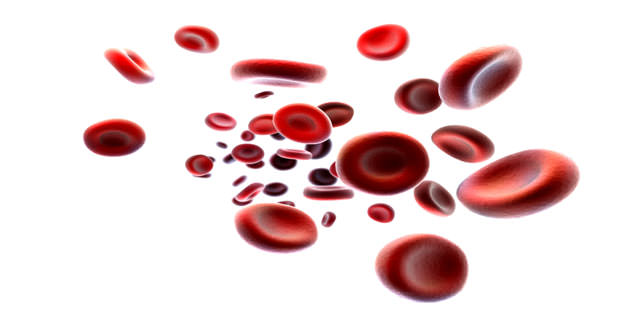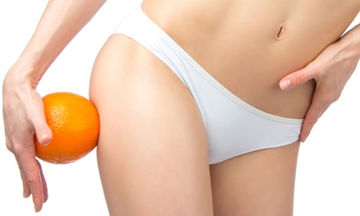How To Boost Your Iron Levels Efficiently!

Iron deficiency is one of the most common nutritional deficiencies and especially women are among those who are mostly at risk. Iron is essential for the production of hemoglobin, a protein that helps red blood cells to deliver oxygen to all your body. Without adequate iron, each system of the body suffers. You could boost your iron levels with a good nutritional diet and correct supplementation.
It is estimated that around 9% of women and 2% of men suffer from iron deficiency anemia. (1) This is thought to occur because of the process of the menstrual blood loss in women. This blood loss can range from mild to severe loss and it can result in an anemic condition.
Iron Level Test
The iron levels’ check is done through a simple blood test called ‘ serum ferritin test’. This test measures the molecule carrying the iron, which is a protein found in the cells and is called ferritin.
If your ferritin levels are low, it means that your iron levels are also low. The healthy range of serum ferritin is between 20 – 80ng / ml. below 20, you have iron deficiency, and more than 80, you have excess iron.
The ideal ferritin range is 40-60 ng / ml. It is also important to make sure your iron levels are not too high, as this increases the risk of heart disease in men.
Best way to boost your iron levels
You could increase your iron levels by including more iron in your diet and/or by taking a supplement with a bio-available source of iron. Often, people who suffer from leaky gut impedes their ability to effectively absorb the iron. This makes it necessary to include iron supplementation in their diet.
Dietary iron has two main forms: heme and non-heme. The heme iron is formed when iron molecules combine with protoporphyrin IX. This form constitutes about 10-15% of the total iron-intake in Western cultures. Plants contain non-heme iron and only animal foodstuffs contain heme and non-heme iron.
So to replenish your iron levels you could eat:
Animal source foods: liver (poultry and veal), lamb spleen, beef steak, leg of chicken, oysters, scallops, cuttlefish, octopus, swordfish, tuna, salmon, eggs
Plant source foods: lentils, chickpeas, artichokes, peppers, sesame seeds, spinach, oats, leeks, nuts (cashews, peanuts, almonds, walnuts)
Iron Supplements
There are two general types of iron supplements containing either ferrous or ferric form of iron. The Ferrous is the best absorbable form of iron supplements. Most of the available iron tablets contain ferrous form.
There are three types of iron supplements you will usually find: ferrous sulfate, ferrous fumarate and ferrous gluconate. All of these three types are considered good forms of iron. Pay attention while choosing iron supplementation and avoid cheap forms of iron. Some co-factors, such as vitamin C and betaine HCL maximize the absorption of iron in the body.
Vitamin C
This anti-oxidant prevents the oxidation of iron compounds in the body, which is essential for optimal absorption and synthesis of hemoglobin. (2) Without antioxidant protection, body oxidizes much supplemental iron and produce toxic by-products associated with the development of a chronic disease.
Betaine HCL
Many people with iron deficiency anemia seem to have low production of hydrochloric acid in their stomach. This is associated with the leaky gut syndrome, which means low levels of gastric acid is one of the major factors behind the lack of iron. Supplementing with Betaine HCL helps you to optimize the absorption of iron. (3)
Do your own research on iron supplementation and substances that contribute to maximum absorption before making any choice. I suggest you to have a look here.
AdRianna Gkika
Holistic Healing
References:
(1) http://www.aafp.org/afp/2007/0301/p671.html
(2) http://www.ncbi.nlm.nih.gov/pubmed/2507689
(3) http://www.nejm.org/doi/full/10.1056/NEJM196809262791302


